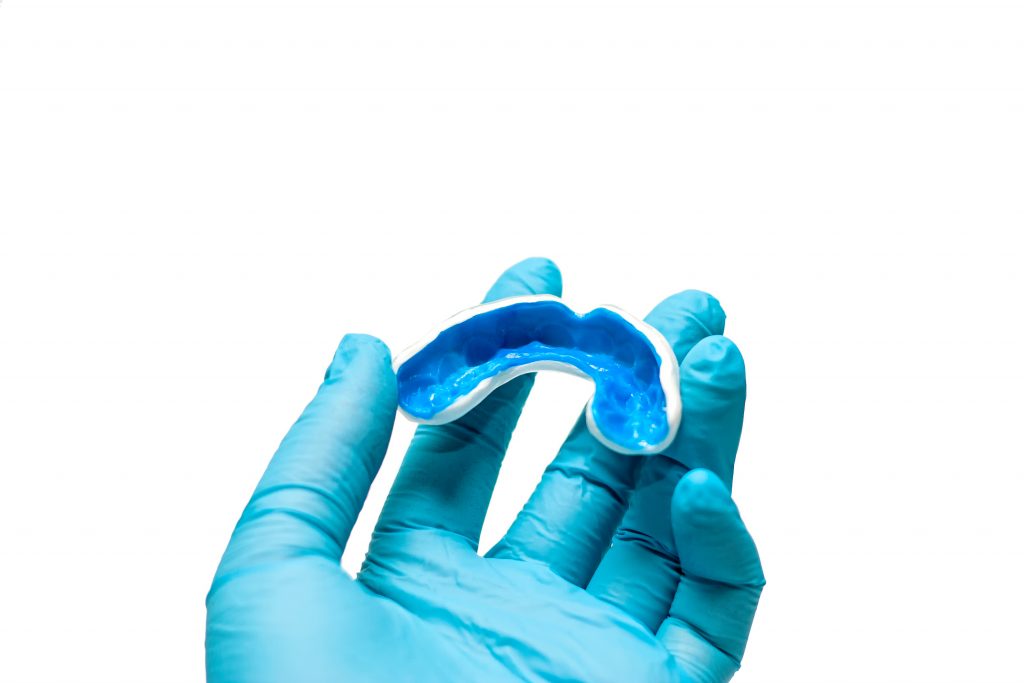
What are TMJ disorders?
The term TMJ refers to the Temporo-Mandibular joint, which is where your jaw is attached to your skull, and is the joint used when you open and close your mouth, as well as when you speak and chew. The term TMJ disorder is used to describe any of varied conditions that cause pain and compromised or limited movement of the TM joint and its surrounding muscles.
TMJ disorders are characterized by symptoms such as pain in the jaw, difficulty chewing, and clicking and locking in the jaw when you open and close your mouth, speak, or chew food.
What are common causes of TMJ disorders?
The temporomandibular joint or TMJ works much as a sliding hinge, connecting your jawbone to the bones of your skull. TMJ disorders may result from:
- Injury to the teeth or jaw.
- A misalignment of the teeth or jaw.
- Malocclusions that produce orthodontic problems in the teeth and jaw.
In many cases, TMJ disorders may be caused or exacerbated by bruxism, or teeth grinding, as well as other factors such as stress, poor posture, arthritic conditions, and compulsive habits such as gum chewing or nail-biting.
How are TMJ disorders treated?
Common treatments include medications, bite guards or night guards, and physical therapy. In some cases, orthodontic treatments to gently align the teeth and bite may lead to improvements in pain and discomfort caused by TMJ Syndrome.
Often TMJ disorders develop as a consequence of problems in your teeth and bite, or conversely, these disorders may cause malocclusions or problems in your teeth and bite. In either case, an orthodontic device such as a nightguard may be effective in alleviating symptoms of TMJ disorders.
How can a bite guard help alleviate TMJ disorders?
A mouthguard is a key tool of defense against TMJ disorders. It can prevent the wear and tear on your teeth caused by much of the unconscious behavior that causes TMJ disorders to worsen. This includes keeping you from clenching and grinding your teeth.
When TMJ conditions go untreated, there is a gradual worsening of the condition. This is because the repetition of tooth grinding can cause teeth to shift further from their proper positions. The jawbone can also become more and more misaligned, over time.
To correct this, the mouth guard also acts as an orthodontic device, gradually aligning your jaw to the proper position in order to correct an improper bite that may be exacerbating TMJ disorders. In these cases, your night or bite guard may need to be adjusted every so often as your teeth gradually align themselves through the use of the bite guard.
Wearing a night or bite guard also allows your jaw and facial muscles to relax, reducing muscle spasms, which alleviates pain in some patients.
Additionally, a mouthguard can prevent your jaw from locking and popping when you open and close your mouth, which is also a source of pain for many who suffer from TMJ disorders.





